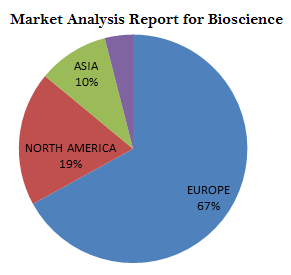
Bernard Lopez
Institute Gustave Roussy, France
Title: A pre-DNA damage response specific to low-intensity replication stress generates ROS and is deregulated at early cancer steps
Biography
Biography: Bernard Lopez
Abstract
The DNA damage response (DDR) is essential for maintaining genome stability. Here, we discovered that, in a response specific to low-intensity replication stress, primary cells control the production of non-nuclear reactive oxygen species (ROS) by inducing expression of the NADPH oxidases DUOX1 and DUOX2 in an NF-kB-dependent manner. This response does not activate cell cycle arrest but, strikingly, protects against the accumulation of pre-mutagenic DNA lesions such as 8-oxoG. Increasing the replication stress intensity above a threshold triggers the canonical DDR leading to DNA synthesis inhibition and suppression of replication stress-induced ROS (RIR), in a p53/ATM-dependent manner. These data bring to light an actual cell response, specific to low stress intensity that constitutes a “pre-DDR response”. Therefore, cells adapt their response to the severity of stress in the following two distinct phases: a low-intensity stress response, which produces RIR protecting against the accumulation of pre-mutagenic lesions, and, beyond a threshold of stress intensity, a high-intensity stress response that corresponds to the actual canonical DDR and that detoxifies RIR.
Strikingly, RIR are deregulated during the early steps of cancer progression, abolishing the threshold and the distinction between the low and high intensity stress responses. Moreover, nuclear RIR are produced, generating DNA damages. Because ROS generate replication stress, which reciprocally generates ROS, this initiates a vicious circle maintaining and amplifying genetic instability leading to carcinogenesis and fuelling cancer progression.

